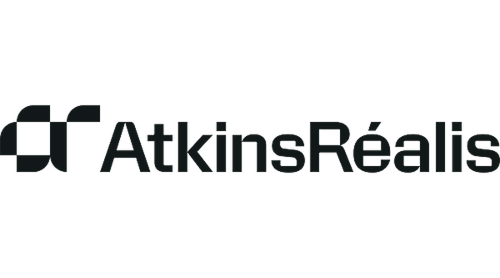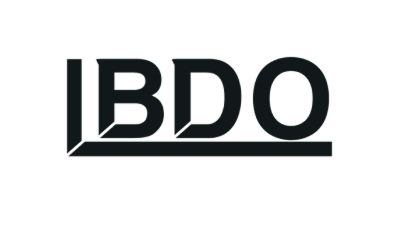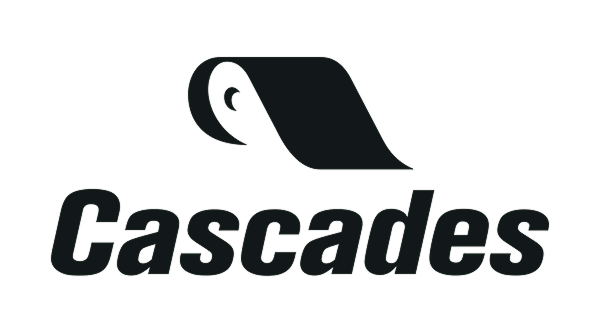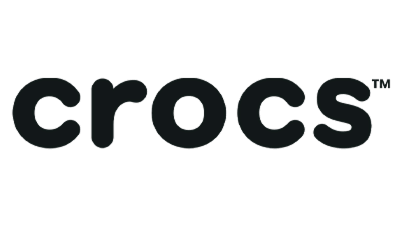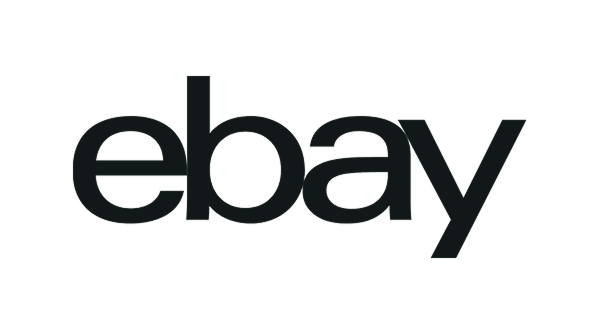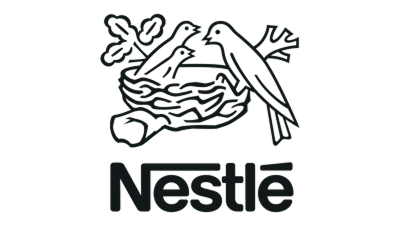
Spellbook Competitor Comparisons
Spellbook vs. Harvey
Since their launch in 2023, Harvey has become one of the most recognizable names in legal AI as a result of investment from OpenAI and Sequoia.
But, how do they compare to Spellbook?

Harvey
Transactional Law
Litigation & Research
Used by 4,000+ legal teams
Large Law Firms
Product Features
Feature Overview
Spellbook and Harvey share few similarities outside of both being Legal AI tools. Harvey is geared towards supporting litigation-focused attorneys, while Spellbook supports transactional law.
Harvey is focused on legal research, document analysis, and brief and argument review, with basic drafting capabilities and no native redlining capabilities.
Spellbook, catering to commercial law, offers contract review and redlining, deeper drafting, document benchmarking, and multi-document workflows.
Both offer document Q&A and are tuned specifically for law.

Harvey
Contract Review
Advanced
Basic
Redlining
Drafting
Advanced
Basic
Benchmark Comparisons
Document Chat
Multi-document workflows
Research
How it works
AI Models and Functionality
Both products have fairly divergent use-cases, which can make them difficult to compare. Harvey's focus on trial law positions them as a poor fit for most transactional work, and vice-versa.
On LLMs. Harvey's deep roots with OpenAI is one of their biggest strengths, however they have underdeveloped deeper integrations with other models.
Spellbook is LLM agnostic, leveraging the best aspects of each langugage, including Anthropic's Claude, Google's Gemini, along with OpenAI's o1 and GPT-4o.

Harvey
Word Add-In
LLM Agnostic
Claude (Anthropic), Gemini (Google) etc.
Document drafting from template
Customizable Playbooks
Learns your preferences
In Beta
Clause Library
Summarise Redlines
Customer Experience
User Experience and Setup
While both products have a modern user interface, Spellbook and Harvey have different approaches to customer onboarding.
Harvey focuses on a lengthly onboard times with large teams, while Spellbook gets users started on their first call, with continued support throughout their trials and subscriptions.

Harvey
Product Maturity
3 years
2 years
Intuitive Interface
Works out of the box
Configuration required
Pricing
$$
$$$$
Security
Trust and Compliance
Both platforms prioritize security and privacy, offering zero data retention, SOC 2 compliance, and SSO — essentials for legal-grade AI.

Harvey
SOC2 Type II
Zero Data Retention
Single Sign On (SSO)
AI designed for law firms and in-house teams

Alturas Capital Partners
In-House
“We’ve decreased our outside counsel spend by hundreds of thousands of dollars over a relatively short period of time.”

Elevare Law
Law Firm
“We look at Spellbook as increasing the value of our services.”

CunninghamLegal
Law Firm
“I love Spellbook. I use it every day. It saves me at least one hour, sometimes two hours, a day.”
Try Spellbook Free
Start your 7 day free trial and see why Spellbook is the most used copilot for commercial lawyers.
Thank you for your interest! Our team will reach out to further understand your use case.
Oops! Something went wrong while submitting the form.
4,000 legal teams use Spellbook to automate legal work

